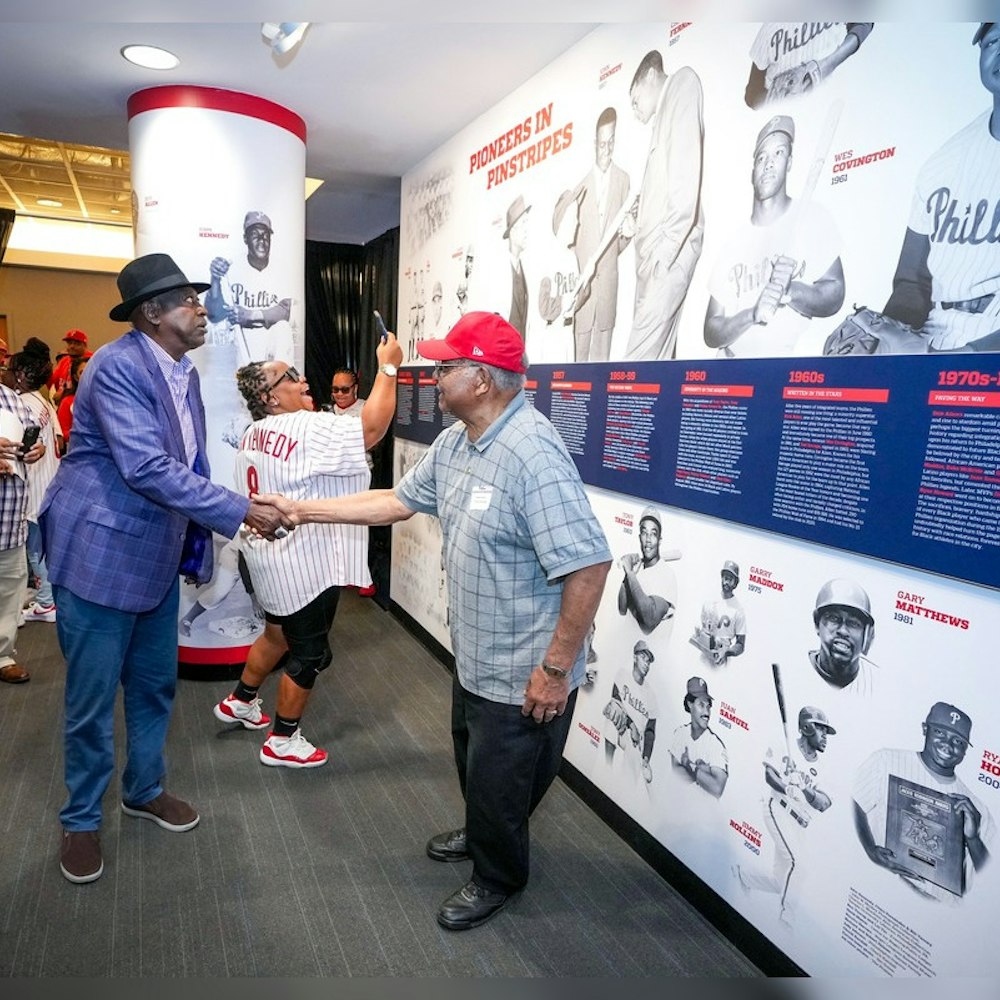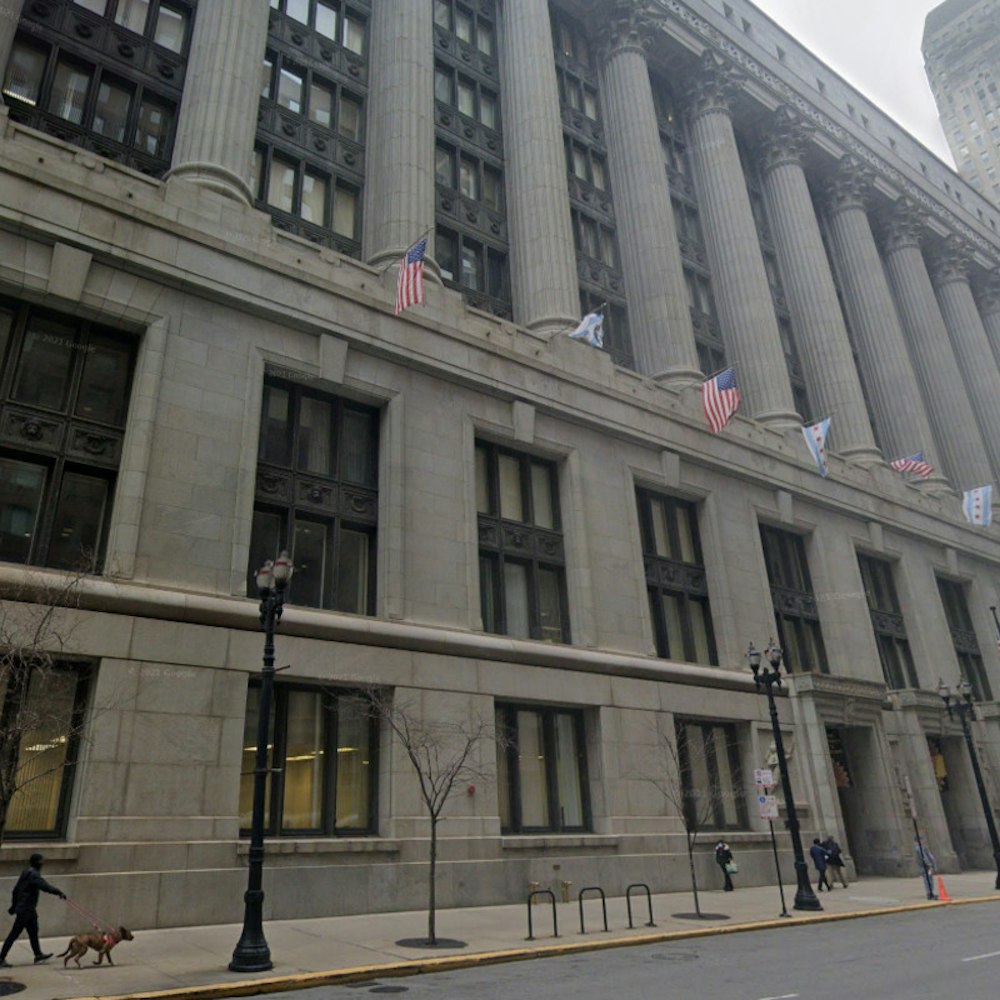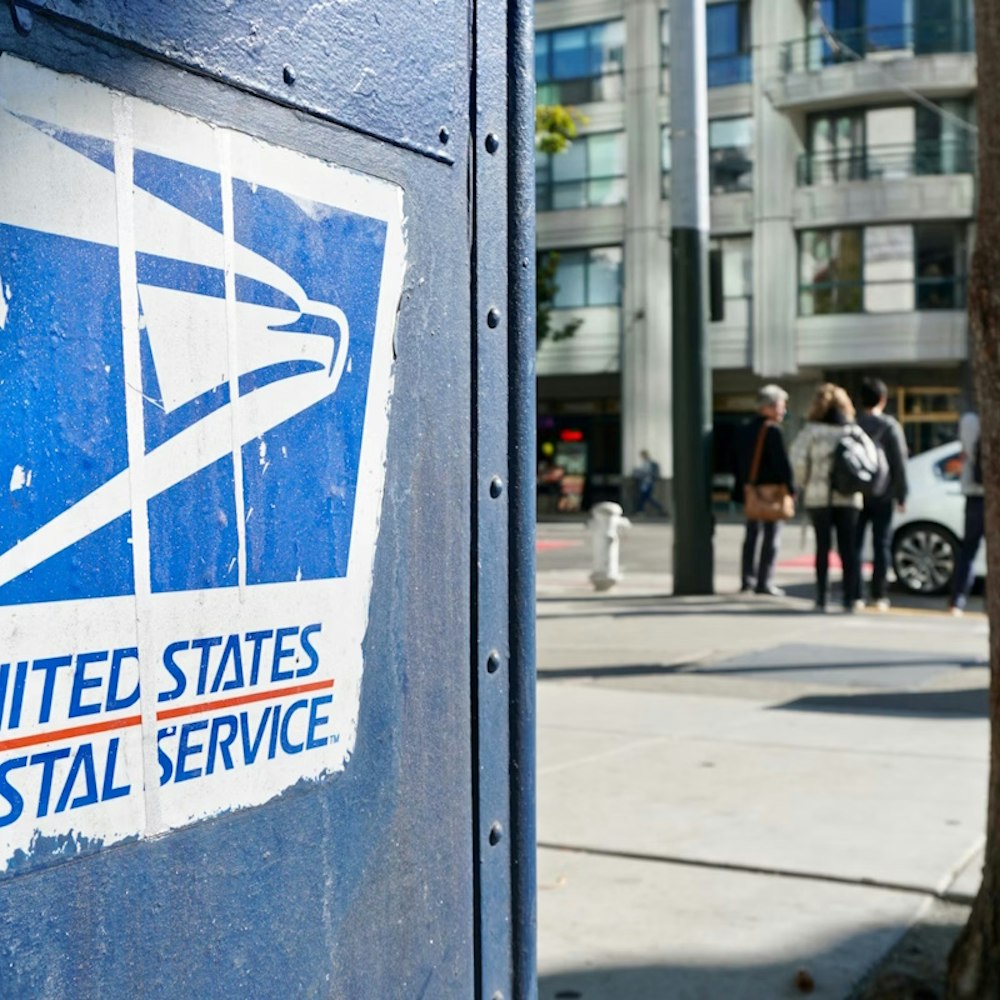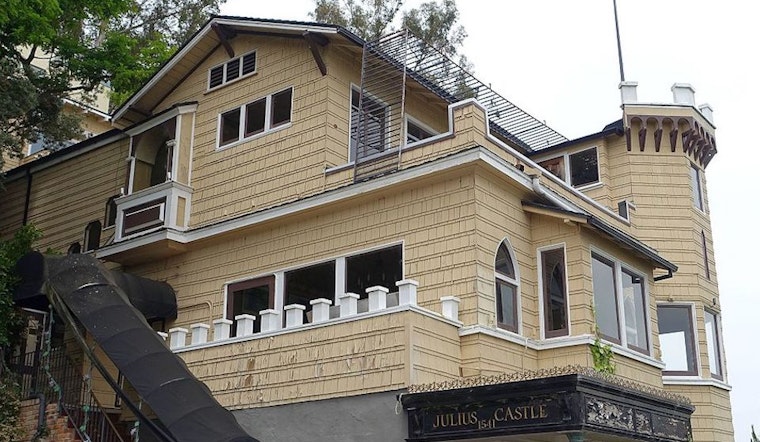
A planned revival of a nearly century-old restaurant on Telegraph Hill has been delayed by a lawsuit pending against the city, according to court documents.
The litigation filed by Friends of Montgomery Street — a nonprofit unincorporated association — alleges that the city violated the California Environmental Quality Act (CEQA).
In 2012, small business owner and Telegraph Hill resident Paul Scott purchased the building hoping to revitalize the restaurant, which has been closed since 2007.
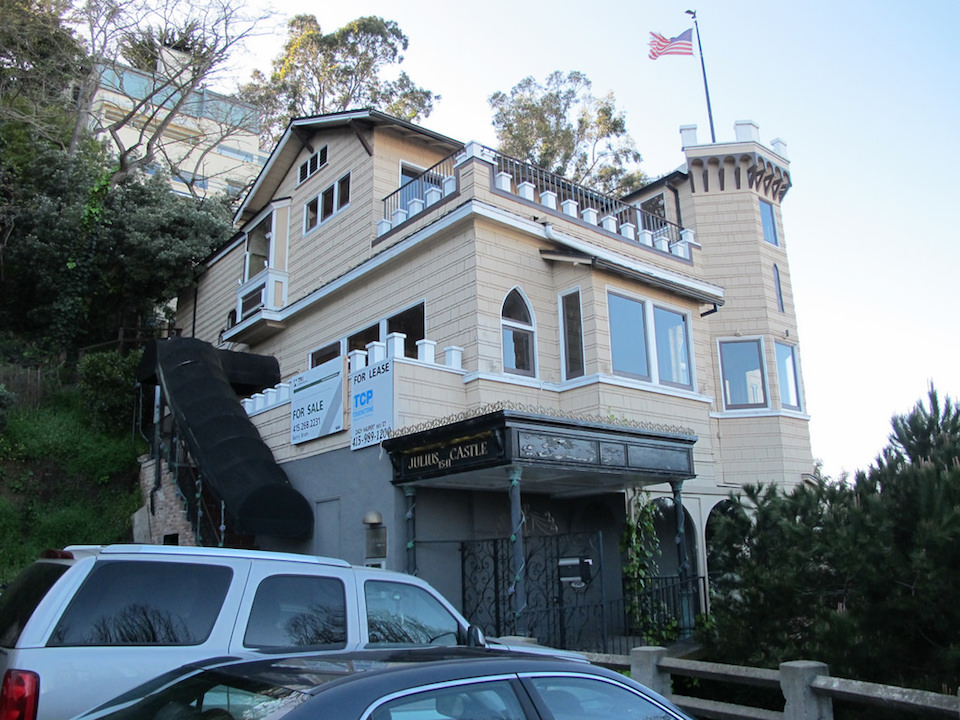
Last February, he filed for a conditional use authorization, but SF Planning determined that any moves to reopen the restaurant were exempt from environmental review, according to the documents.
"Because the proposed project satisfied the criteria for an exemption for conversion of small structures, no environmental review of the project was required," reads a response from the City Attorney's Office.
In July, the Planning Commission considered the conditional use authorization, with community members speaking both in favor and against the project. Ultimately, the commission voted unanimously to approve the restaurant's return, affirming that it was categorically exempt from a CEQA review.
"I’m not a big time developer. I’m a guy who lives in the neighborhood near Julius’ Castle," Scott told the Planning Commission at the time. "I picked up the building because it had been sitting there and had been falling in disrepair … and has the potential to become a beautiful building again."
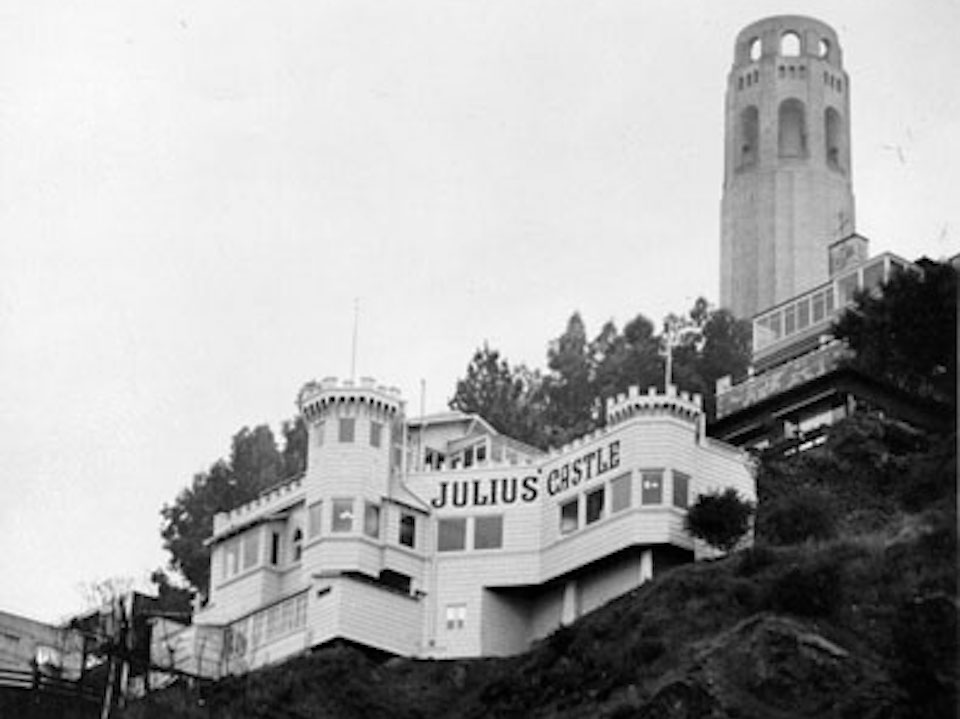
In September, Friends of Montgomery Street appealed the commission's decision at the Board of Supervisors, which the Board rejected, concluding that "the project qualifies for an exemption under CEQA."
The city subsequently issued a conditional use authorization, but the nonprofit filed suit claiming that officials violated state law because a categorical exemption is "inappropriate" in this instance.
According to the plaintiffs, the former restaurant lacks "necessary public services and facilities," including "adequate vehicular access" and parking. According to Friends of Montgomery Street, "the project would have significant impacts" on the neighborhood.
Additionally, the suit alleges that the city has allowed for the operation of "a noisy commercial land use" in a residential area.
"Not only would [the] project operation be noisy and create noxious odors, it would create safety hazards and exacerbate local air pollution by substantially increasing vehicle traffic on the narrow residential road that provides the sole vehicular access to the ... site," the complaint reads in part.
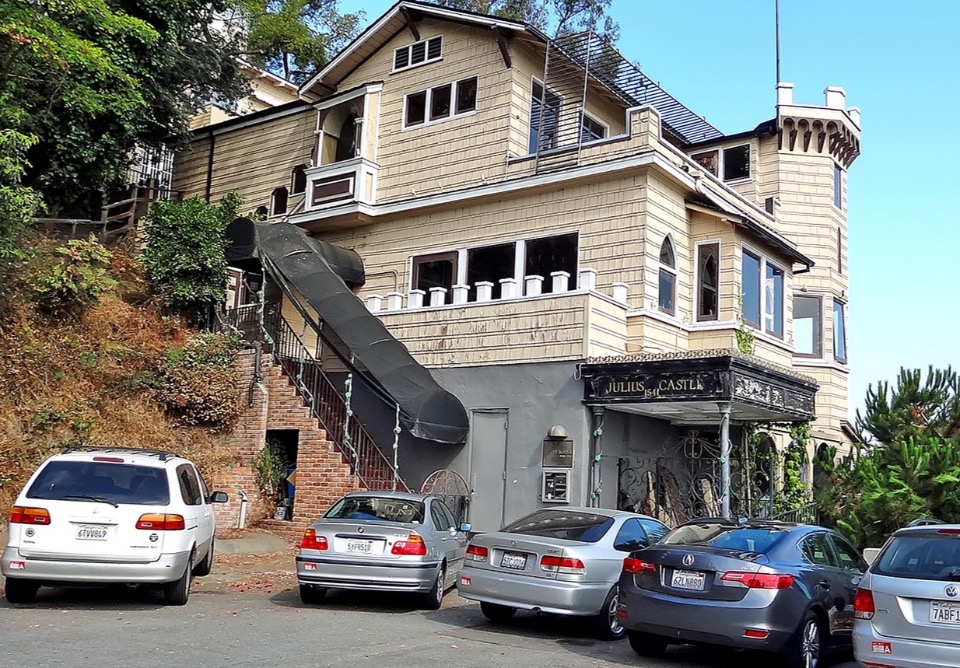
In response, the City Attorney Office said the petitioners's case lacked merit on the grounds "that the historic restaurant, which for decades operated successfully in the same building atop Telegraph Hill, now somehow poses 'unusual circumstances' that preclude San Francisco’s approval."
Via email, City Attorney's office spokesperson John Cote said the matter "is a baseless lawsuit and a classic case of NIMBYism," noting that the proposal to reopen the restaurant in the same building where it formerly operated was green-lit by SF Planning and the Board of Supervisors.
"The project does not propose to expand the building, and it includes numerous conditions designed to minimize any inconvenience to neighbors," said Cote." The requirements for approval were diligently followed here. We look forward to the court affirming that."
The trial date — a hearing before a judge with no jury — is expected to be heard November 16 at the court’s request.
We've reached out to the law firm representing the petitioners for comment but have not heard back as of press time.
The restaurant, which opened in 1924, was built by restaurateur Julius Roz, an Italian immigrant. A popular destination for celebrities and politicians for decades, Found SF reports that Montgomery Street was once so narrow that Roz installed a turntable in 1931 to make it easier for cars to turn around.
Used as an exterior filming location for the 1951 thriller "The House on Telegraph Hill," the restaurant was granted landmark status in 1980.
